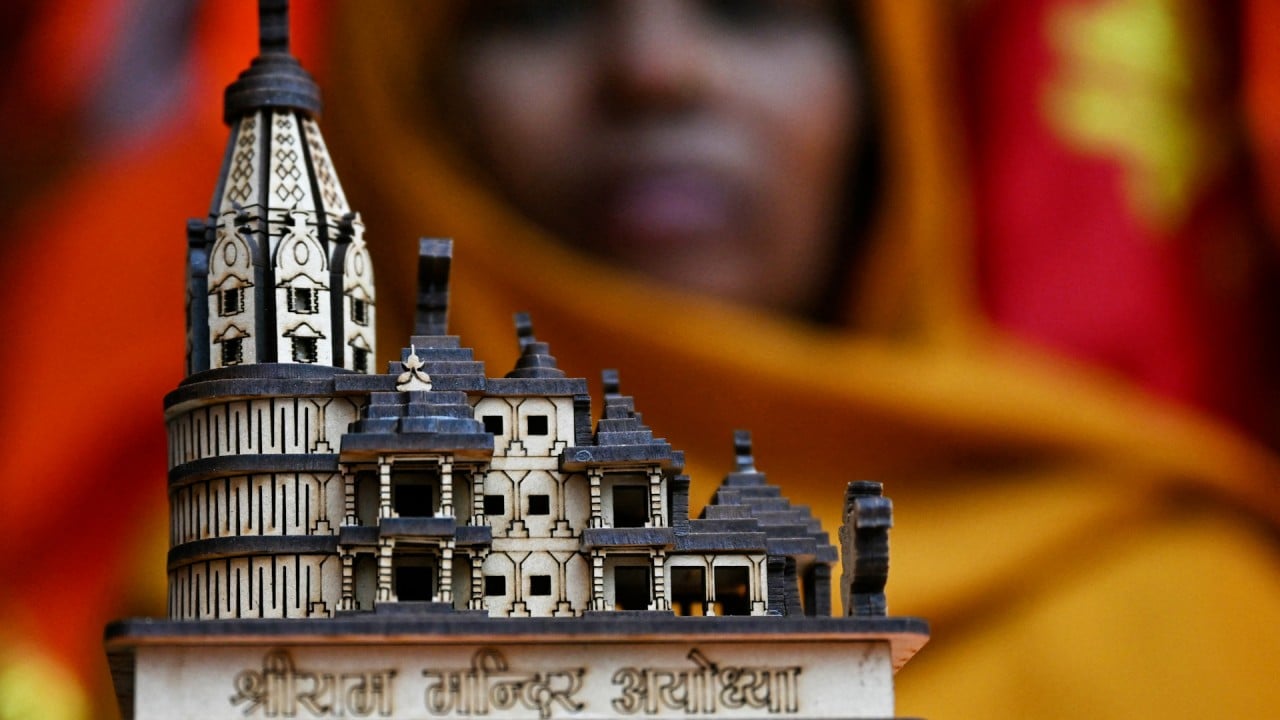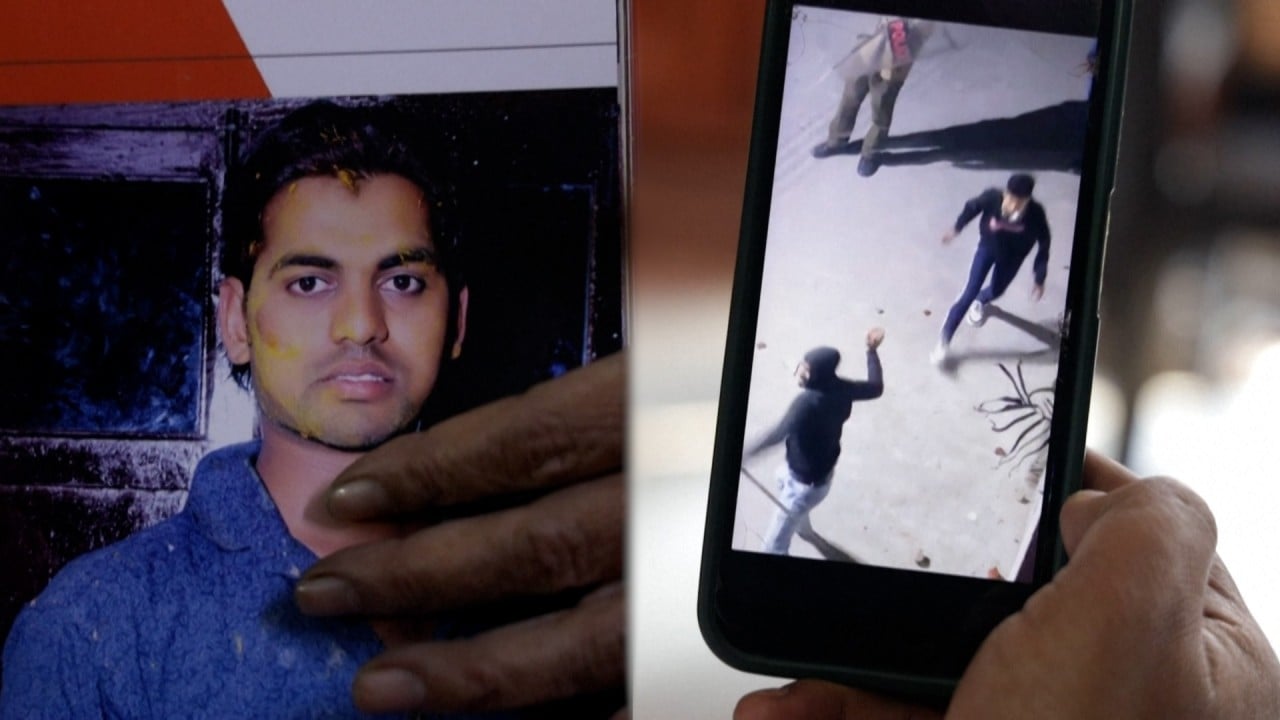
Southeast Asia still doesn’t ‘know India’, survey shows, as New Delhi urged to boost engagement with region
- Only 14.2 per cent of respondents were confident India would ‘do the right thing’ and contribute to global stability, while 30.5 per cent had ‘little confidence’
- India can do more to influence opinion makers in all of Southeast Asia to make up for the ‘relatively low’ knowledge about the country, analysts say
Despite historical and cultural connections between India and Southeast Asia, many from the latter do not seem to “know India” nor its global role well enough, with observers urging New Delhi to do more to influence opinion-makers and engage with the region.
Survey results published by Singapore-based Iseas-Yusof Ishak Institute last week indicate few Southeast Asian respondents expressed confidence in India.
In the report, titled “The State Of South-east Asia 2024” and which polled 1,994 people, only 14.2 per cent said they were confident Delhi would “do the right thing” and contribute to “global peace, security, prosperity and governance”.
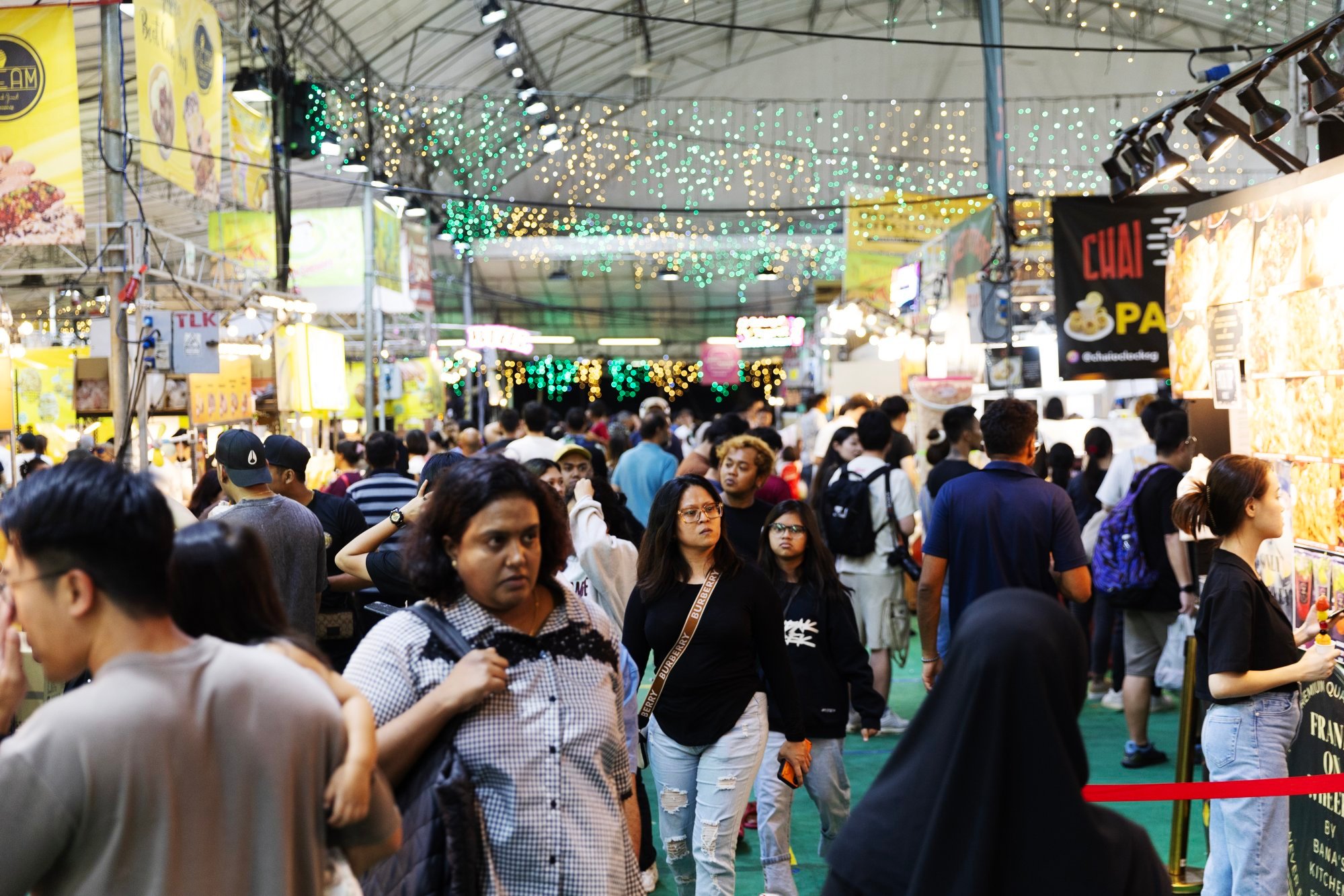
The survey, involving people across 10 Asean countries, also found 30.5 per cent of respondents had “little confidence” while 31 per cent had “no comment” on the matter.
Only 0.4 per cent of respondents saw India as the most political and strategic influence in Southeast Asia, while only 0.6 per cent were confident of Delhi’s leadership in maintaining a rules-based order and upholding international law.
Asean or the Association of Southeast Asian Nations comprises Brunei, Cambodia, Indonesia, Laos, Malaysia, Myanmar, Philippines, Singapore, Thailand and Vietnam.
Ian Hall, professor of international relations at Australia’s Griffith University, said India’s reputation in the region had suffered as a result of the country’s ongoing economic protectionism and the belief that historical and cultural connections bound Southeast Asia to South Asia.
“In some places, like Malaysia, concerns about long-standing issues like Kashmir also shape opinion,” Hall added.
In the months leading up to India’s general election, its government had imposed protectionist trade measures to lower inflation and unemployment, including export restrictions on foodstuffs.
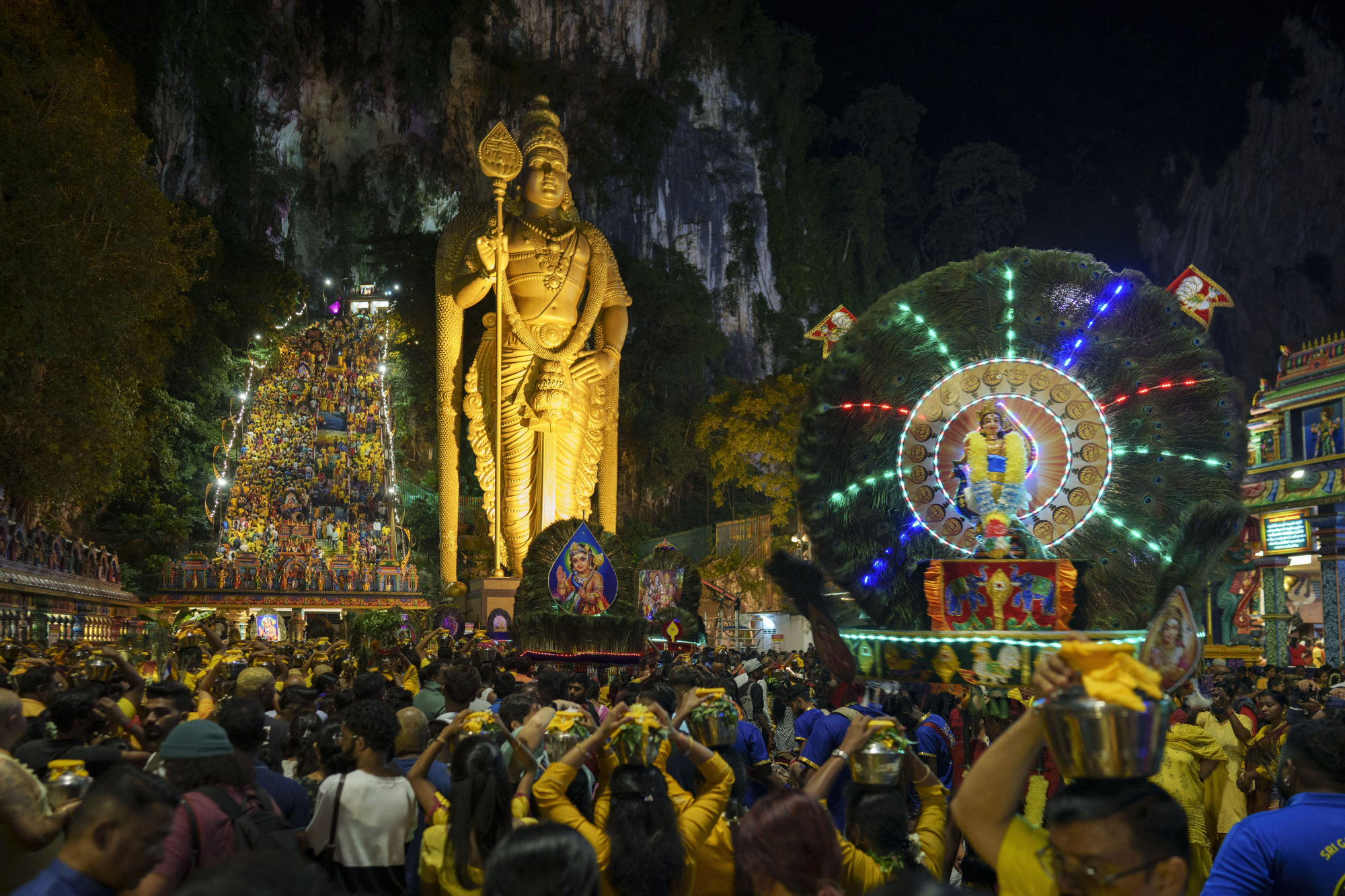
Hugely influenced by Indian culture and civilisation from around 200BC until around the 15th century, the relationship between India and Southeast Asia during those periods straddled maritime trade routes and religion, or the spread of Buddhism by Indian emperors who sent out monks and emissaries to the region.
In recent years, right groups have maintained that human rights abuses and crackdowns on civil liberties have worsened in Muslim-majority Kashmir, including strict curfews and the detentions of activists and journalists.
Hall said the report reflected the relative lack of attention the Indian government had paid to cultivating and influencing scholarly and policy elites in Southeast Asia, the groups covered by the survey.
Delhi, he said, could bring more opinion-makers from Southeast Asia to India for policy dialogues and institutional visits. “Australia, China, Japan, and the US do [this] very effectively, too few Southeast Asians know India well.”
Amitendu Palit, senior research fellow in the Institute of South Asian Studies at the National University of Singapore (NUS), said knowledge on India’s global role remained “rather low” in most of Southeast Asia.
The only exceptions in the region were Japan, Australia and Singapore, where consciousness about the role that India had begun playing in global affairs was more well-known, he noted.
“The perception about India is expected to change over time as Indian presence in regional rule-making becomes more visible,” Palit said.
In recent years, India – the world’s most populous country and fastest-growing emerging economy – has taken on greater global roles and emerged as a champion of the Global South, which refers to the world’s developing and less developed countries.

Apart from hosting the G20 summit and the China-led Shanghai Cooperation Organisation summit last year, India also convened the Global South virtual summit in January last year involving 125 countries
Noting that India continued to stay engaged with its “Look East” or, more specifically, the “Act East” policy, Palit said the policy had not “connected to all parts of Southeast Asia in the same manner”.
“India’s overall engagement with Asean has increased manifold in all respects, though it has engaged more with some specific countries, notably Singapore, Malaysia and Vietnam,” he added.
Announced in November 2014, the “Act East” policy is an upgrade of the “Look East Policy” – which focused on economic cooperation with Asean countries – and is aimed at promoting economic, strategic and cultural relations with the wider Asia-Pacific region.
Why India’s status among Asean nations is on the rise
Chirayu Thakkar, a doctoral candidate in international relations at NUS, said the lack of military ties was likely to have a bearing on the survey figures.
“[In] three countries – Vietnam, Thailand, and the Philippines – where India has even basic defence ties, there is half as much rise in their confidence from the Asean average, and almost thrice from countries who neither enjoy trade nor defence ties,” he noted.
Those expressing confidence that India would do the right thing stood at 34.5, 30.3 and 32.6 per cent in Vietnam, Thailand and the Philippines respectively, while the Asean average was 20.5 per cent.
India announced last June it would give Vietnam an in-service warship as a gesture of their expanding military ties, and agreed with Thailand in August to strengthen cooperation in defence and security.
Apart from selling BrahMos supersonic cruise missiles to the Philippines, India said it hoped to find new areas of cooperation in defence and security with Manila, during Indian foreign minister Subrahmanyam Jaishankar’s visit to the country last month.
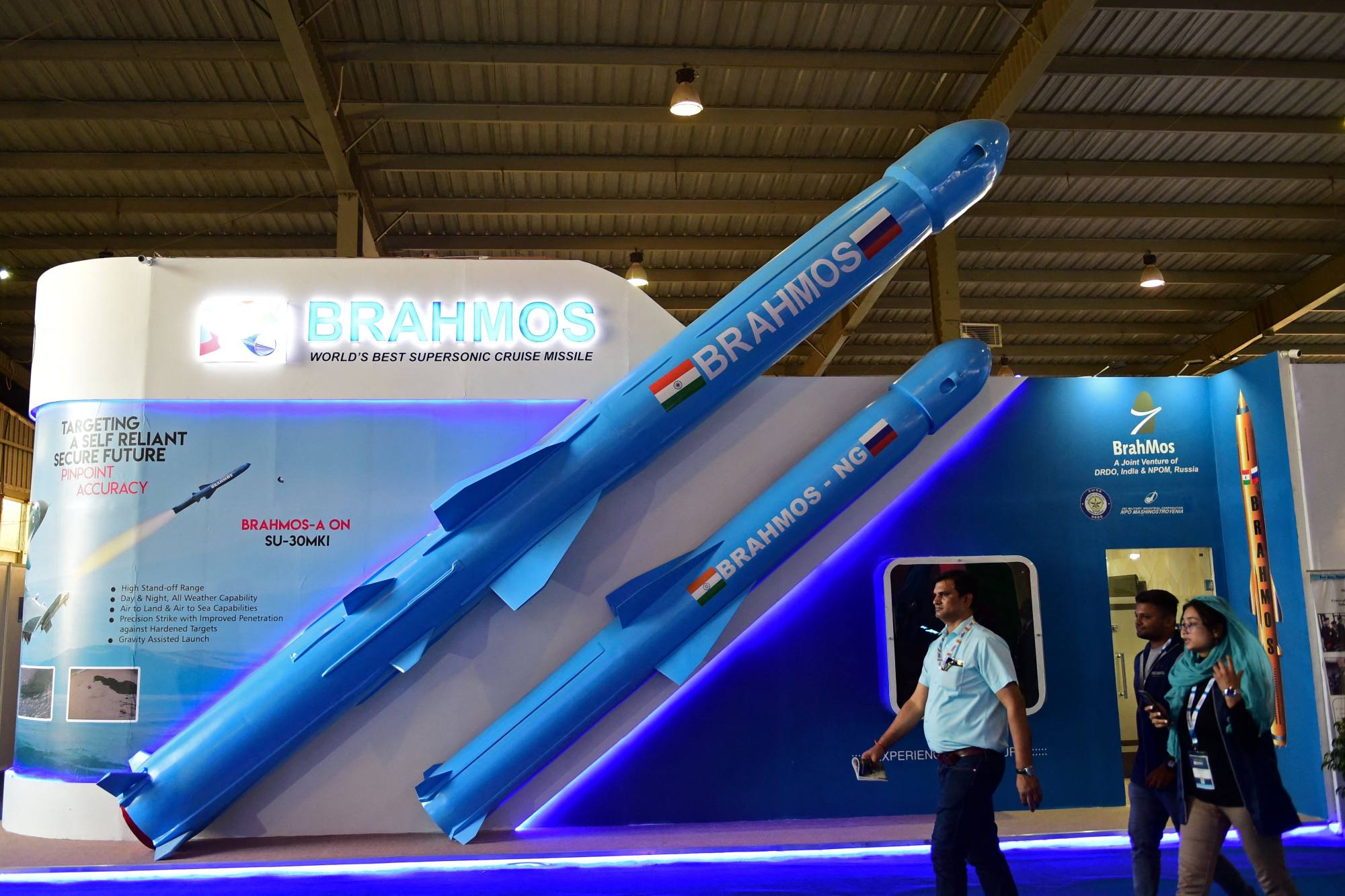
Ngaibiakching, guest faculty at the North East Christian University in Dimapur, India, said Delhi’s trade and investment ties with Southeast Asia, while growing, were uneven across different countries in the region.
“India may be perceived as lagging inertia as compared to China and other major players,” she said, adding that despite high-level visits by Indian leaders, delays in the implementation of projects could be seen as a lack of sustained commitment by India.
While China’s trade with Asean in 2022 stood at US$975.3 billion, India’s trade with the bloc that year was US$110 billion. Unlike Beijing which has rolled out infrastructure projects in recent years, most notably Indonesia’s first high-speed rail, Indian projects are said to have lagged behind deadlines for years.
These include the India-Myanmar-Thailand trilateral highway – with a proposed plan to extend to Cambodia, Laos and Vietnam – and the Kaladan Multi-modal Transit Transport Project, which connects the eastern Indian seaport of Kolkata with Sittwe seaport in Myanmar’s Rakhine State.
“To build greater trust and confidence, India could focus on deepening more economic engagement, [and remain] consistently engaged with Southeast Asia.”
“The survey results, while not necessarily reflective of official government views, highlight the need for India to re-evaluate its approach to Southeast Asia and find ways to build confidence and execute its regional strategy more effectively,” Ngaibiakching said.


